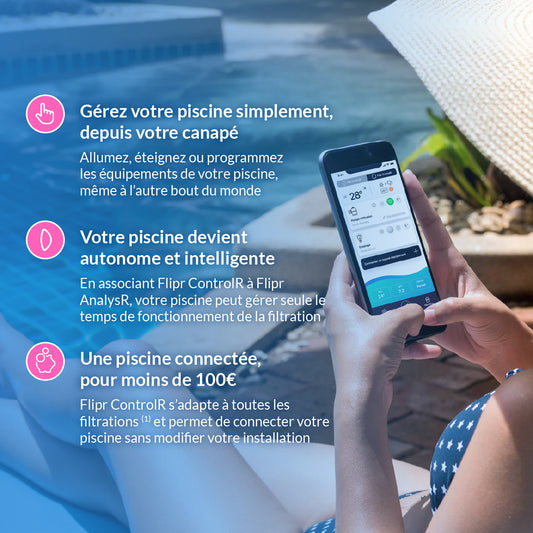Essential Pool Chemicals for Tropical Climates
In tropical climates, maintaining a pristine pool is a delightful challenge. The warm, humid weather creates an inviting environment, not just for swimmers but also for algae and bacteria. This makes it crucial to use the right pool chemicals to ensure water quality and safety. Understanding the unique needs of your pool in a tropical climate will keep it sparkling and healthy for enjoyment year-round. This article will guide you through the essential chemicals needed to maintain your pool in these conditions, along with tips on proper usage and legal considerations.
Chlorine's Role in Tropical Pools
Chlorine is a staple in pool maintenance, acting as a powerful disinfectant that keeps the pool safe from harmful microorganisms. In tropical climates, the high temperatures can lead to rapid depletion of chlorine levels, necessitating more frequent testing and adjustment. Chlorine tablets, liquid chlorine, and granular chlorine are popular forms, each with unique benefits. It's vital to maintain chlorine levels between 1.0 and 3.0 ppm to effectively sanitize your pool. Regular testing, ideally two to three times a week, ensures chlorine levels remain optimal. Always follow manufacturer instructions and local regulations regarding chlorine use to avoid overexposure.
- Chlorine tablets
- Liquid chlorine
- Granular chlorine
Stabilizing Chlorine with Cyanuric Acid
In tropical climates, the sun's intense UV rays can quickly degrade chlorine, reducing its effectiveness. Cyanuric acid acts as a stabilizer, protecting chlorine from UV breakdown and extending its life in your pool water. By maintaining cyanuric acid levels between 30 and 50 ppm, you can significantly improve the efficiency of chlorine. Over-stabilization, however, can lead to chlorine lock, where chlorine becomes less effective. Regular testing and careful adjustment are key to balancing cyanuric acid levels. Always adhere to local guidelines to ensure safe and effective pool maintenance.
Algaecides and Clarifiers
Algae growth is a common issue in tropical climates due to the warm and humid conditions. Algaecides are chemicals specifically designed to combat and prevent algae blooms in your pool. Depending on the severity of the problem, you can choose from copper-based algaecides or non-metallic polymeric options. It's crucial to follow the manufacturer's recommended dosage to avoid potential side effects such as staining or foaming. Clarifiers play a complementary role, binding small particles together so they can be easily removed by the pool filter. Together, they keep your pool water clear and inviting.
Choosing the Right Algaecide
Selecting the right algaecide depends on your pool's specific needs and the type of algae you're dealing with. Copper-based algaecides are effective against green algae and are long-lasting, but they require careful monitoring to prevent staining on pool surfaces. Non-metallic algaecides are a safer option for pools with sensitive surfaces or where metal content needs to be minimized. These polymeric solutions are effective against a variety of algae, including yellow and black types. Regular application as part of your maintenance routine will help prevent algae outbreaks and keep your water crystal clear.
Conclusion
Conclusion








